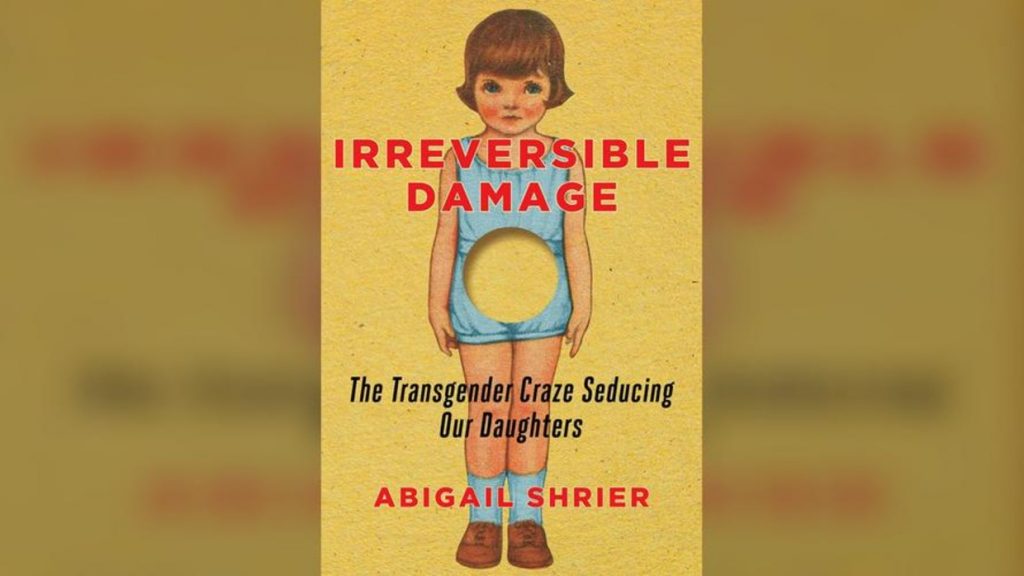Blog Post
How the transgender craze is destroying a generation of girls
By Jonathon Van Maren
In 2014, TIME magazine featured transgender actor Laverne Cox on the cover under the title “The Transgender Tipping Point.” A year later, in 2015, CNN announced the formal arrival of our “transgender moment.” In June of that year, Caitlyn Jenner’s Vanity Fair cover made it official. Trans was in, come hell or high water.
If 2015 was when the transgender moment began, Abigail Shrier’s Irreversible Damage: The Transgender Craze Seducing Our Daughters, published last month by Regnery, is a badly needed report card. Shrier’s book reads like one we will look back at and point to in the years to come for its prescience and prophetic warnings. Considering the vicious climate surrounding the transgender debate, it took genuine courage for Shrier to write this book. She is already being attacked as transphobic, and Amazon has refused to allow the book to be advertised. Despite that, Irreversible Damage is no ideological screed. It is a measured and relentless look at the damage the transgender movement has wrought in an unbelievably short amount of time.
When Shrier uses the term “craze,” she means it in the scientific sense. Rapid Onset Gender Dysphoria (ROGD) is what Dr. Lisa Littman calls a “social contagion,” and it primarily impacts young girls. Just a short time ago, only .002% to .003% of girls in the U.S. identified as transgender. Now, it is up to 2%, and Shrier told me that she believes the rate has spiked by thousands of percentage points (in the UK, the number of girls identifying as trans has risen by over 4000%). Most trans-identified youth used to be males—that has reversed. In 2016, for example, girls accounted for 46% of sex reassignment surgeries in the U.S. One year later, that number had spiked to 70%.
READ THE REST OF THIS COLUMN AT THE AMERICAN CONSERVATIVE









Hi Jonathon,
We definitely are living in a complicated world. Everybody should just live his life in the way he just want to. Be aware about gender dysphoria, non-binary, and other subjects trans related is important. The most complicated part is still children subjects.
Anyway, i can understand why people think different. But we should continue to go in the knowledge way.
Best Regards,
Jessa